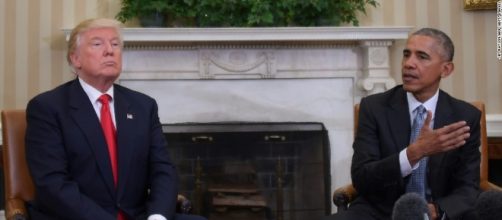In the course of the presidential campaign newly sworn President #Donald Trump made the removal of the Affordable Care Act, also known as Obamacare, a central plank of his stated agenda. In fact, one of his first official acts after the inauguration was to sign an Executive Order that marked the first stage of its removal. Yet, this plan may not meet with the approval of many members of the Republican Hierarchy such as House Speaker Paul Ryan. The only clear aspect of the swift decision was the often stated intention of Republicans to remove Obama’s Legacy.
Removing Obama's lagacy
For many Republicans the idea of Universal Health Care is against their concepts of free enterprise and they strongly opposed its introduction. At the same time many of them tacitly acknowledge the need to make health insurance accessible for those members of the population that could not afford it.
This was the reason behind the statements by Republicans such as Ryan that the act could not be repealed without an “adequate” replacement. While Trump himself stated that Obamacare "#Obamacare" would be immediately repealed and replaced, no plan has as yet been presented by either the new President or his Party on what this would involve.
Another battle between Republicans
The swiftness of action on a plan that had few if any details and where no elected Republican official has yet to present a viable, effective replacement has the potential to be another cause for conflict between the Oval Office and the two Houses.
What will make this battle particularly delicate for the Party will be the prospect of the midterm elections in two years.
With the Republican Party wanting to keep its two House majorities, particularly in the Senate in order to approve Trump’s nominations for the Supreme Court in the near future, will the Party be forced to choose to keep some form of Obamacare, rather than face the possibility of defeat in the midterm elections?

